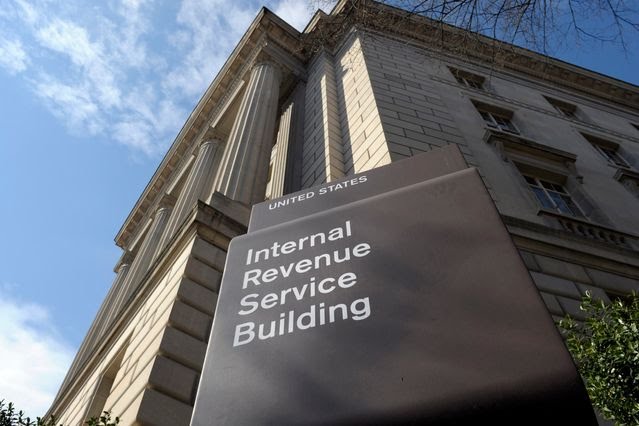To raise revenues for President Joe Biden’s Build Back Better Agenda, that could violate the privacy of bank accounts holders if the Internal Revenue Service is given access to monitor accounts.
Banks’ customers expect their transactions to be both secure and confidential, and to ensure customer confidence and growth, banks honor that trust.
Data supports that even among bankers, not many want the IRS to be given the power to monitor accounts. In a recent poll by Morning Consult and the Independent Community Bankers of America, 67% of voters opposed the initial IRS proposal, while 64% said they do not trust the IRS to monitor financial info. Additionally, 54% said they do not trust the IRS to keep financial data safe.
The proposal generally requires banks to report the annual inflows and outflows of customers’ accounts that are over $10,000 in transactions.
“Implementing a new mandatory reporting regime whereby banks must monitor and collect data on their customer’s accounts will hurt not only banks but also the businesses and communities that rely upon their services,” wrote Will Gardner Director, Center for Capital Market Competitiveness.
“Under this proposal, businesses across America could face the increased cost of tax preparation and potentially be subject to needless audits that would unnecessarily divert resources toward tax compliance and away from serving customers and growing their businesses.”
Read More: Omicron Could Hasten the End of the Pandemic. Here’s How?
Banks will struggle to shoulder a huge cost of compliance. Smaller community banks would be the hardest hit by the policy. A policy like this will stir up skepticism among the unbanked and underbanked.
Federal agencies are already using existing laws and subpoena authority to ensure proper taxes are collected. Tax collection is the responsibility of the federal government, not financial institutions.
The proposal is already being opposed by lawmakers across all parties at the Senate and the House. Some have introduced the “Prohibiting IRS Financial Surveillance Act.” It will prevent the IRS from instituting any new requirements that would force financial institutions to report on the account activity of regular Americans, while not restricting any existing authority for the IRS to collect taxes.
Policymakers should be focused on ensuring the privacy of consumers and access to capital for small businesses, not proposals that will weaken both.

